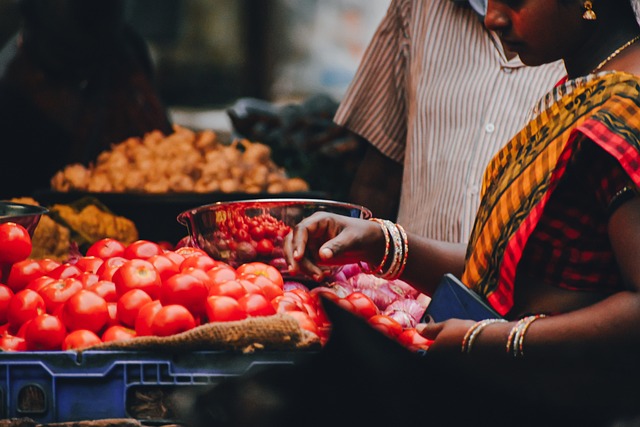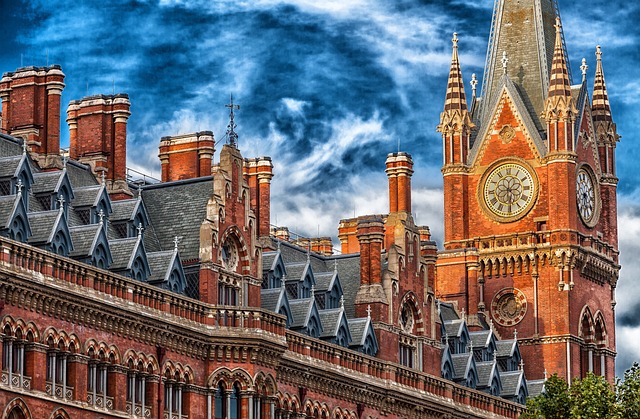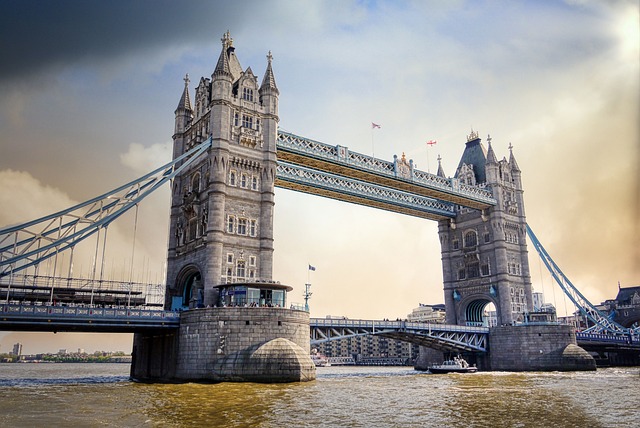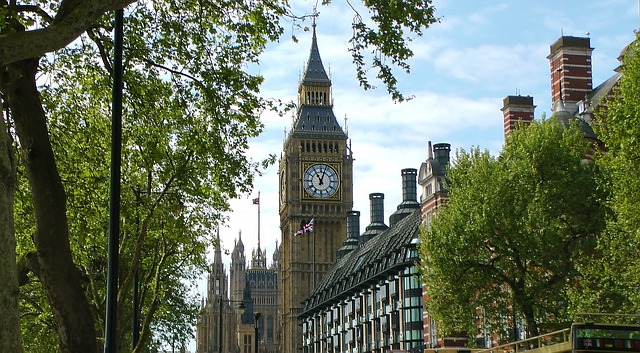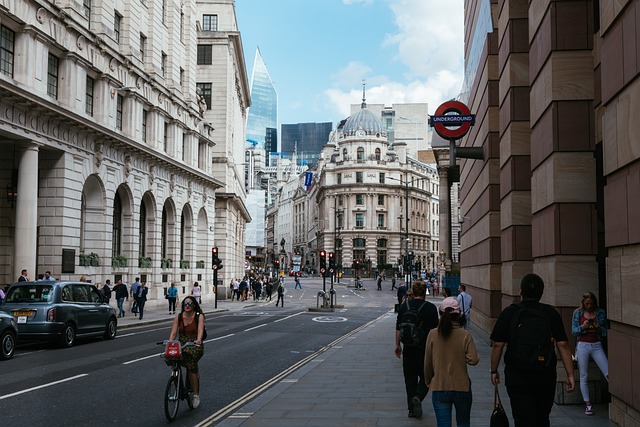British National Holidays and Celebrations: A Comprehensive Guide
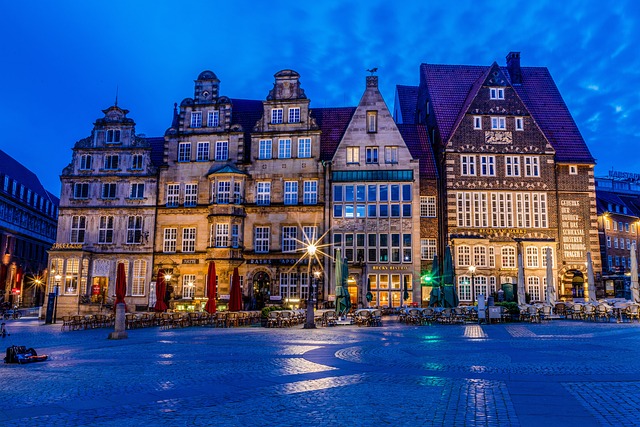
The United Kingdom is a country rich in history, culture, and tradition, and its national holidays and celebrations reflect this diversity. From ancient festivals to modern public holidays, the UK offers a wide range of events that bring people together to celebrate their heritage and community. This article provides a detailed overview of the most significant British national holidays and celebrations, exploring their origins, traditions, and how they are celebrated today.
1. New Year’s Day (January 1st)
New Year’s Day marks the beginning of the year and is celebrated with enthusiasm across the UK.
Traditions:
- Fireworks Displays: Major cities like London, Edinburgh, and Cardiff host spectacular fireworks displays on New Year’s Eve, welcoming the new year with a bang.
- First-Footing: In Scotland, the tradition of “first-footing” involves the first person to enter a home after midnight bringing gifts like coal, whisky, or shortbread to ensure good luck for the year.
Celebrations:
- Parades and Parties: Many towns and cities hold parades and parties, with people gathering to celebrate with family and friends.
2. Burns Night (January 25th)
Burns Night is a Scottish celebration honoring the life and works of the poet Robert Burns.
Traditions:
- Burns Supper: A traditional meal featuring haggis, neeps (turnips), and tatties (potatoes), accompanied by readings of Burns’ poetry and toasts with whisky.
- Address to the Haggis: The haggis is ceremoniously brought into the dining room to the sound of bagpipes, and a poem is recited in its honor.
Celebrations:
- Ceilidh Dancing: Traditional Scottish dancing is a key part of the celebrations, with lively music and communal dancing.
3. Valentine’s Day (February 14th)
Valentine’s Day is celebrated across the UK as a day of love and romance.
Traditions:
- Exchanging Gifts: Couples exchange cards, flowers, chocolates, and other gifts to express their love.
- Romantic Dinners: Many restaurants offer special Valentine’s Day menus, and couples often enjoy a romantic meal together.
Celebrations:
- Love Locks: In some cities, couples attach padlocks to bridges as a symbol of their love.
4. St. David’s Day (March 1st)
St. David’s Day is the national day of Wales, celebrating the patron saint of Wales, St. David.
Traditions:
- Wearing Daffodils and Leeks: The daffodil and leek are national symbols of Wales, and people wear them on St. David’s Day.
- Eisteddfodau: Traditional Welsh festivals featuring music, poetry, and dance competitions.
Celebrations:
- Parades and Concerts: Many towns and cities in Wales hold parades, concerts, and cultural events to celebrate their heritage.
5. St. Patrick’s Day (March 17th)
St. Patrick’s Day is the national day of Ireland, celebrated with great enthusiasm in Northern Ireland and by Irish communities across the UK.
Traditions:
- Wearing Green: People wear green clothing and accessories to celebrate Irish culture.
- Parades: Major cities like Belfast and London host St. Patrick’s Day parades featuring music, dance, and floats.
Celebrations:
- Pub Celebrations: Pubs and bars often host special events, with live music, Irish dancing, and traditional food and drink.
6. Easter (March/April)
Easter is a significant Christian holiday celebrating the resurrection of Jesus Christ, observed with various traditions across the UK.
Traditions:
- Easter Eggs: Chocolate eggs are a popular treat, symbolizing new life.
- Easter Sunday Service: Many people attend church services to celebrate the resurrection.
Celebrations:
- Easter Egg Hunts: Children participate in Easter egg hunts, searching for hidden chocolate eggs.
- Hot Cross Buns: These spiced buns with a cross on top are traditionally eaten on Good Friday.
7. May Day (First Monday in May)
May Day is an ancient spring festival celebrated with various customs and traditions.
Traditions:
- Maypole Dancing: Traditional dances around a maypole, often performed by children in villages and towns.
- Morris Dancing: Folk dancers perform traditional dances, often accompanied by music and wearing colorful costumes.
Celebrations:
- Bank Holiday: The first Monday in May is a public holiday, with many people enjoying outdoor activities and community events.
8. Trooping the Colour (June)
Trooping the Colour is a ceremonial event held in London to celebrate the official birthday of the British monarch.
Traditions:
- Military Parade: The event features a grand military parade with soldiers, horses, and bands marching from Buckingham Palace to Horse Guards Parade.
- Flypast: The celebrations conclude with a flypast by the Royal Air Force, watched by the royal family from the balcony of Buckingham Palace.
Celebrations:
- Public Viewing: Thousands of people gather to watch the parade and flypast, with many more watching on television.
9. Glastonbury Festival (June)
Glastonbury Festival is one of the most famous music festivals in the world, held in Somerset, England.
Traditions:
- Music Performances: The festival features performances by some of the biggest names in music, as well as emerging artists.
- Camping: Festival-goers camp on-site, creating a vibrant and communal atmosphere.
Celebrations:
- Art and Culture: In addition to music, the festival includes theater, circus performances, and art installations.
10. Notting Hill Carnival (August)
Notting Hill Carnival is Europe’s largest street festival, celebrating Caribbean culture and heritage.
Traditions:
- Parade: The carnival features a colorful parade with elaborate costumes, floats, and steel bands.
- Music and Dance: Reggae, soca, and calypso music fill the streets, with people dancing and celebrating.
Celebrations:
- Food and Drink: Street vendors offer Caribbean delicacies like jerk chicken, curried goat, and rum punch.
11. Bonfire Night (November 5th)
Bonfire Night, also known as Guy Fawkes Night, commemorates the failed Gunpowder Plot of 1605.
Traditions:
- Fireworks Displays: Communities across the UK host fireworks displays to celebrate the occasion.
- Bonfires: Effigies of Guy Fawkes are burned on bonfires, and people gather to watch the spectacle.
Celebrations:
- Sparklers: Children and adults alike enjoy lighting sparklers and writing their names in the air.
12. Christmas (December 25th)
Christmas is one of the most important holidays in the UK, celebrated with family, food, and festive traditions.
Traditions:
- Christmas Dinner: A traditional meal featuring roast turkey, stuffing, vegetables, and Christmas pudding.
- Christmas Tree: Homes are decorated with Christmas trees, lights, and ornaments.
Celebrations:
- Gift-Giving: Families exchange gifts on Christmas morning, often placed under the tree by Santa Claus.
- Caroling: People sing Christmas carols in churches, streets, and community gatherings.
